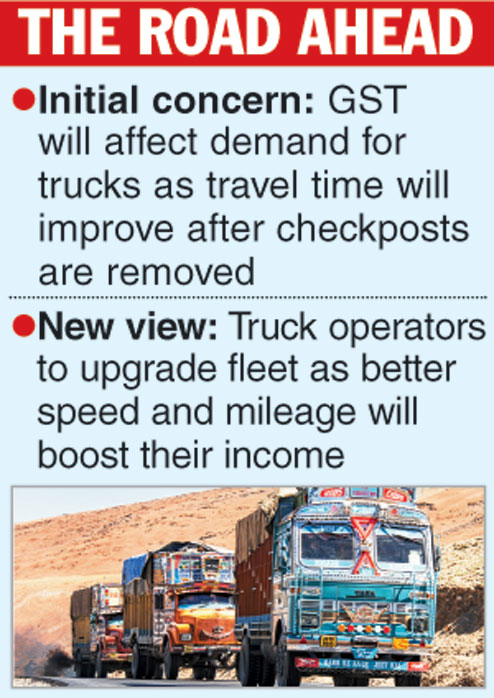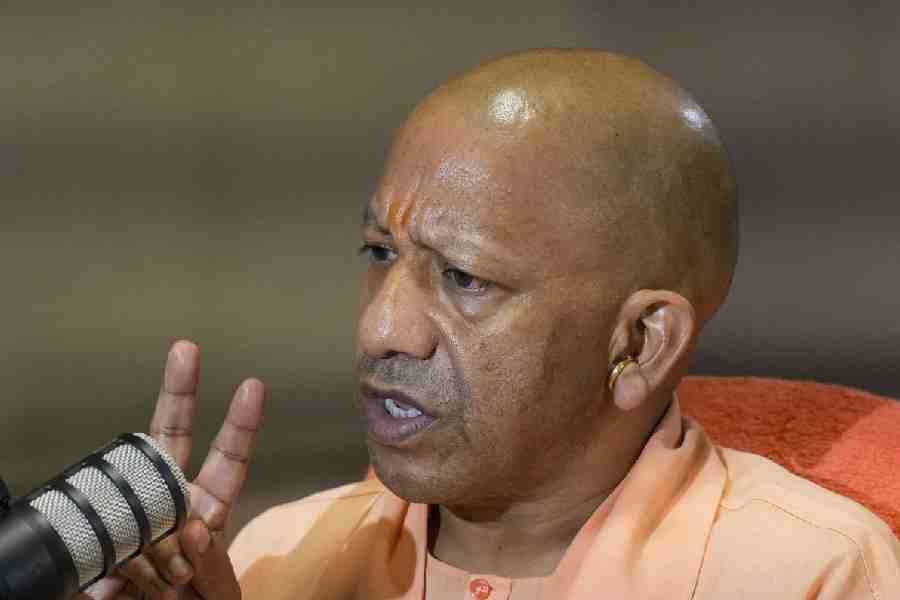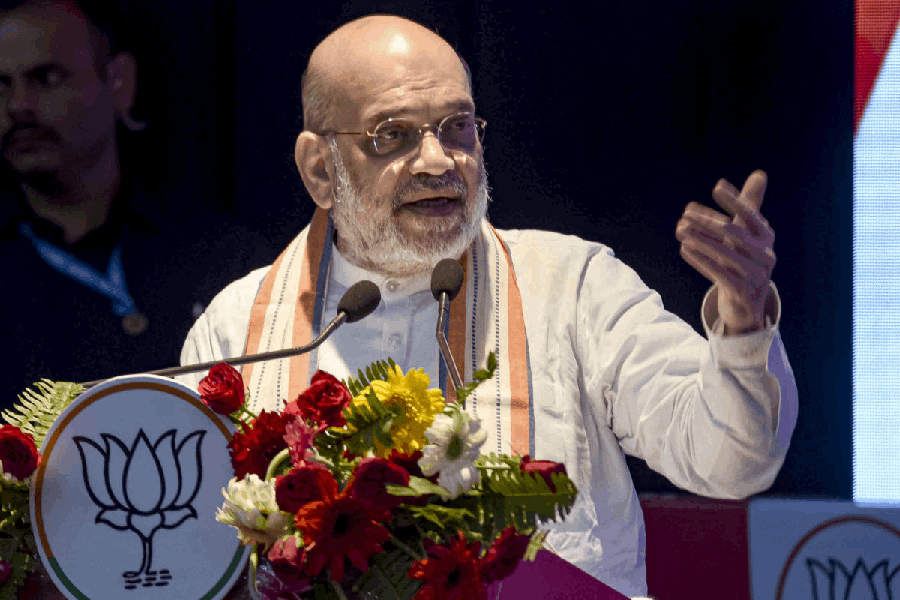
Mumbai, Aug. 27: The medium & heavy commercial vehicle industry is likely to benefit from the goods and services tax (GST), which has been implemented from July 1.
Contrary to initial fears that the new tax regime would hurt sales, analysts feel the GST can stoke replacement demand over the next couple of years.
Trucks had a challenging first quarter with growth decelerating because of several reasons.
There have been concerns that the GST will affect the demand for trucks as travel time will improve after the checkposts are abolished. Trucks are now saving at least 20-25 per cent on the time taken for the movement of goods. Hence, the average daily distance travelled has risen to 300-325km per day from 225km per day.
However, analysts at Edelweiss Securities feel the GST could lead to a rise in the replacement demand of trucks from fleet operators.
"The GST, counter-intuitively, is likely to positively impact replacement demand, driven by improved profitability of truck operators by 1.5 times and fleet upgradation with fuel-efficient, high-speed and low-maintenance new trucks," they said in a note.
The brokerage feels replacements will play an important role in the demand cycle over the next two years.
Higher average speed and mileage could lead to a sharp increase in the net income of the operators. The favourable economics of a new and efficient fleet along with structural factors such as a ban on overloading and better roads will continue to drive the shift towards trucks with higher capacity, the analysts added.
An analysis of the capacity mix since 2016 shows that the demand has been shifting to higher tonnage trucks. Those with over 35 tonnes (tractor trailer) now account for 28 per cent of the demand, up from 22 per cent in the first quarter of 2015-16. The demand for trucks of more than 25 tonnes now stands at 30 per cent.
While this should come as good news for players such as Tata Motors and Ashok Leyland, the brokerage feels the shift towards higher tonnage trucks will benefit the latter because of its strong positioning in the segment.
Tata Motors is also focussing on the commercial vehicle segment. Recently, managing director Guenter Butschek announced that it will invest Rs 1,500 crore in commercial vehicles.
Tata Motors, which has a 49 per cent share in heavy and medium commercial vehicles, has seen its market pie fall over the past few years. The plan now is to increase the market share by at least 5 per cent through new products and cost control. Around 10 new products have been lined up, of which six will be in the medium and heavy commercial category.
Cess on cars
The cabinet may this week consider issuing an ordinance to increase the cess on mid- sized, large cars and SUVs to 25 per cent from 15 per cent under the GST at present.
The GST Council had on August 5 approved raising the cess on SUVs, mid-sized, large and luxury cars that had become cheaper after the GST rollout on July 1. But the move will require an amendment to section 8 of the GST (Compensation to a State) Act, 2017.
"The cabinet will in the next few days consider amending that through the issue of an ordinance," an official said.
The views of ministries such as road, transport and highways and heavy industries will be taken before increasing the cess.
An ordinance is issued when Parliament is not in session to approve a legislation or change in a legislation.











